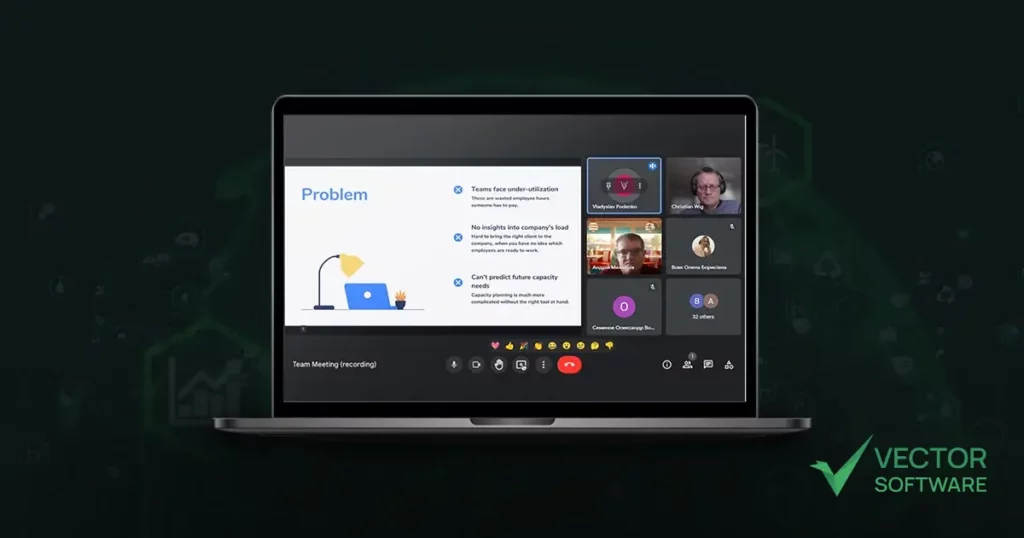At Lviv Polytechnic National University, the course for students on startups and entrepreneurship, which lasted in the first semester from September 14 to December 21, ended.
During this course, initiated by the IT company Vector Software, and under the wise guidance of Christian Wig, a business expert from Oslo, students delved into the world of startups.
About Christian: an early-stage mentor and investor, part of the Vector Software team, specialized in the intersection of business models and technology, with a special interest for enterprise-level B2B, edtech and corporate learning & development.
Vector Software is a global IT software development company founded by Ukrainian and Norwegian professionals, connecting the best tech minds around the world to build meaningful and impactful solutions.
It was a real laboratory for creativity, innovation, and the development of entrepreneurial skills. Students not only gained new knowledge but also participated in pitch sessions, during which each team presented its concept to the jury and received valuable recommendations.
Recently, the term “pitching” (in English, “pitch”) has become as popular as the term “startup.” Essentially, pitching is a verbal business plan presented to potential investors. The startup owner must clearly explain business opportunities to investors for them to make the most informed decision.
Lectures and pitching sessions
Each week participants attended Christian’s lectures, where they received fundamental knowledge and insights into creating and developing successful startups. During practical pitch sessions, teams presented their ideas to the jury, which included Christian and other instructors. This provided not only an excellent opportunity to showcase their progress but also to receive constructive feedback from experienced professionals.
1×1 Sessions
Christian dedicated time to individual sessions with each team, thoroughly analysing their ideas. During these sessions, he asked challenging questions, provided recommendations, and steered the teams in the right direction. This personalized approach allowed each student to focus on their strengths and weaknesses, and refine their projects.
Participants and teams
The startup course attracted 71 students, who formed 7 teams (CQTeam, Diverso, ESPRIT, UniqueLess, Shaggy Beavers, Pattern Hunters, and RoboTek). Each team worked on unique ideas and improved their startups throughout the course.
Final and victory
The final session of the course was devoted to the final pitches, where each team presented its project. This course provided theoretical knowledge, practical experience, and teamwork for achieving successful results. Congratulations to the ESPRIT Team and all participants on completing the course, and we wish them success in developing their ideas in the future!







